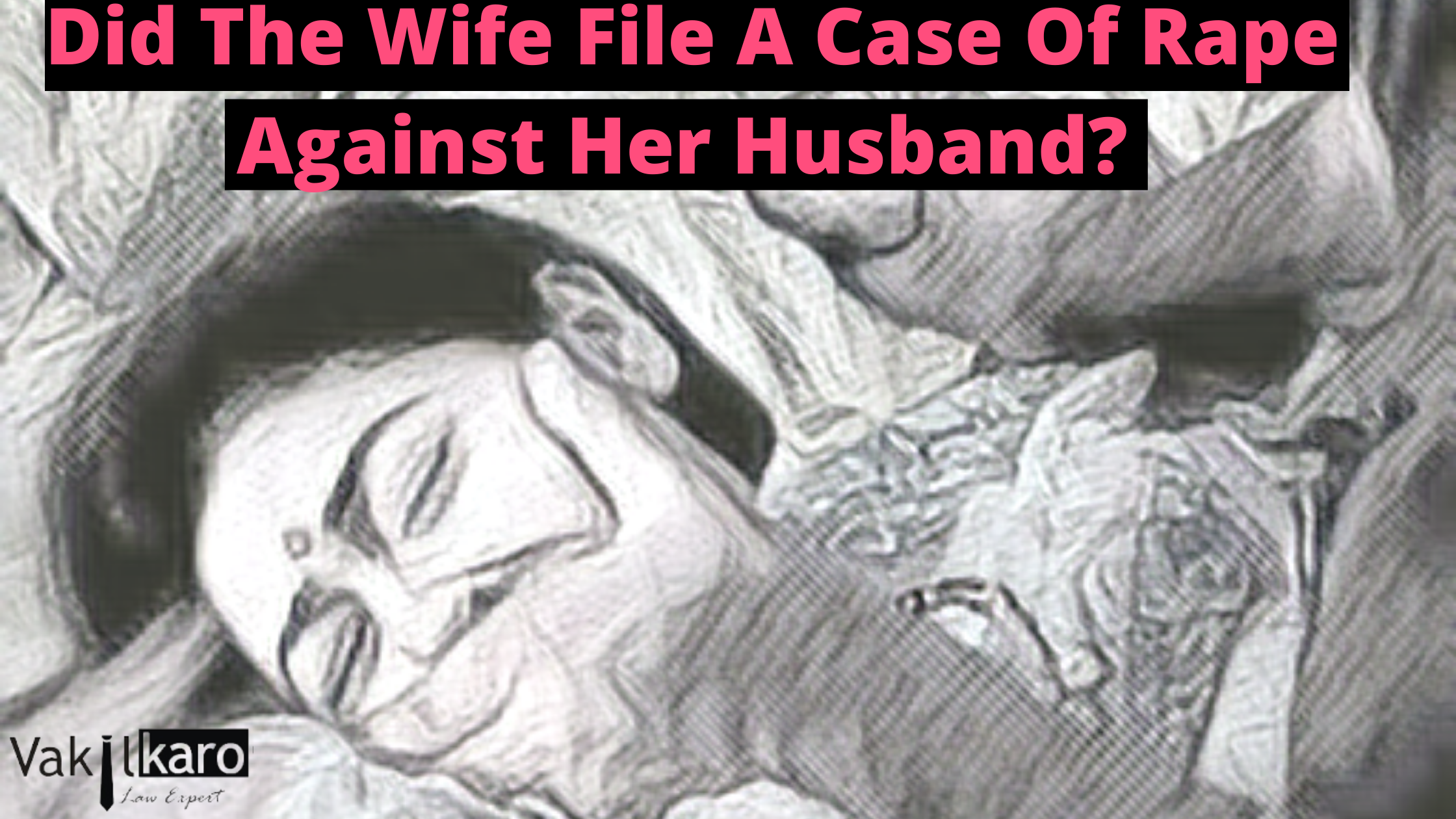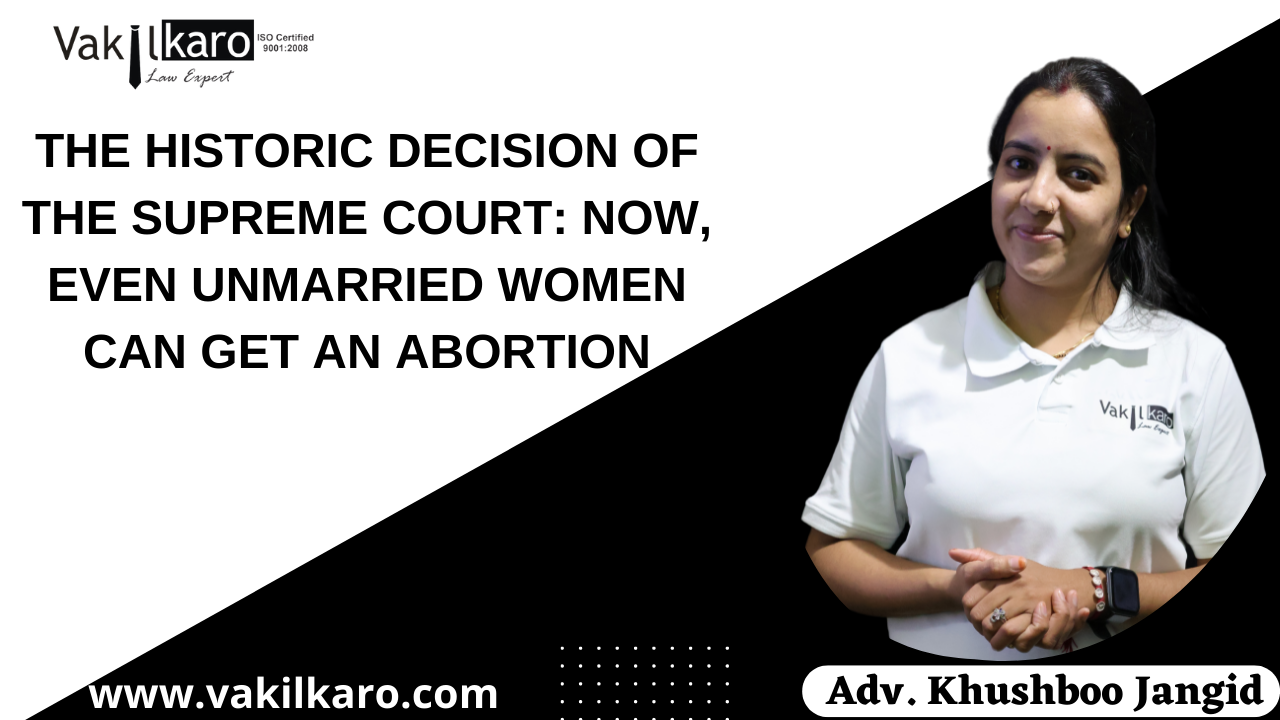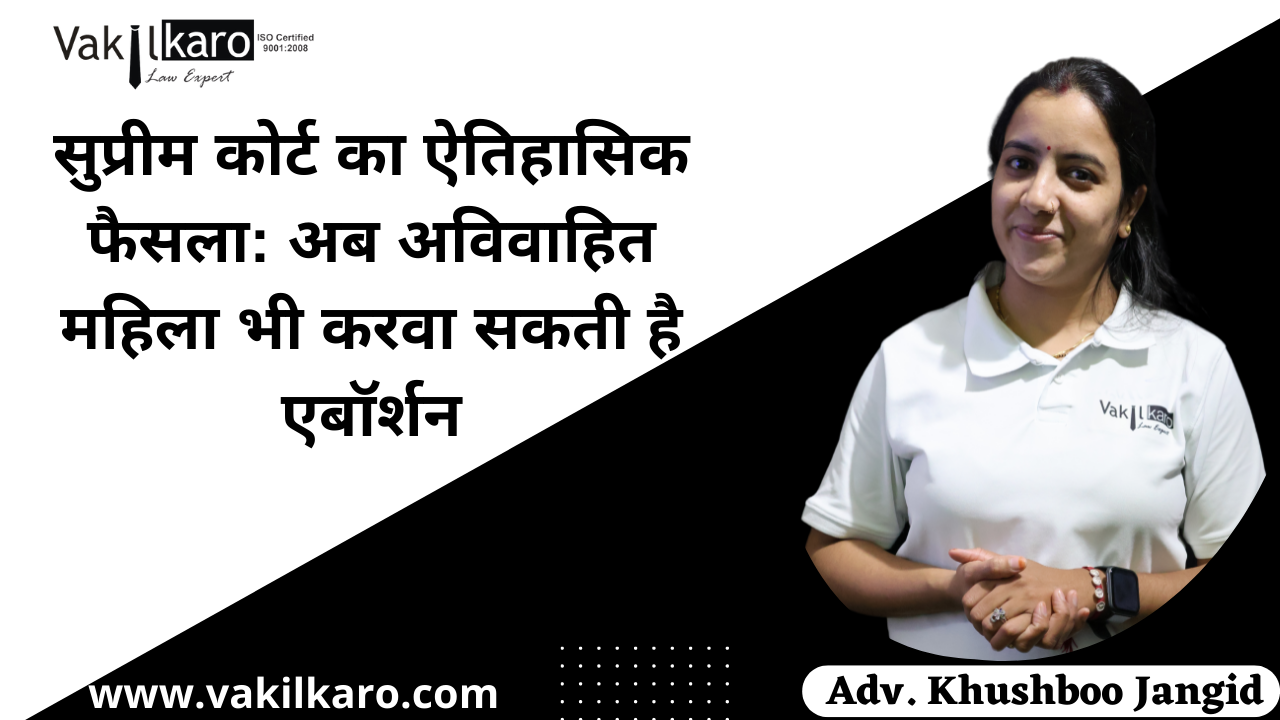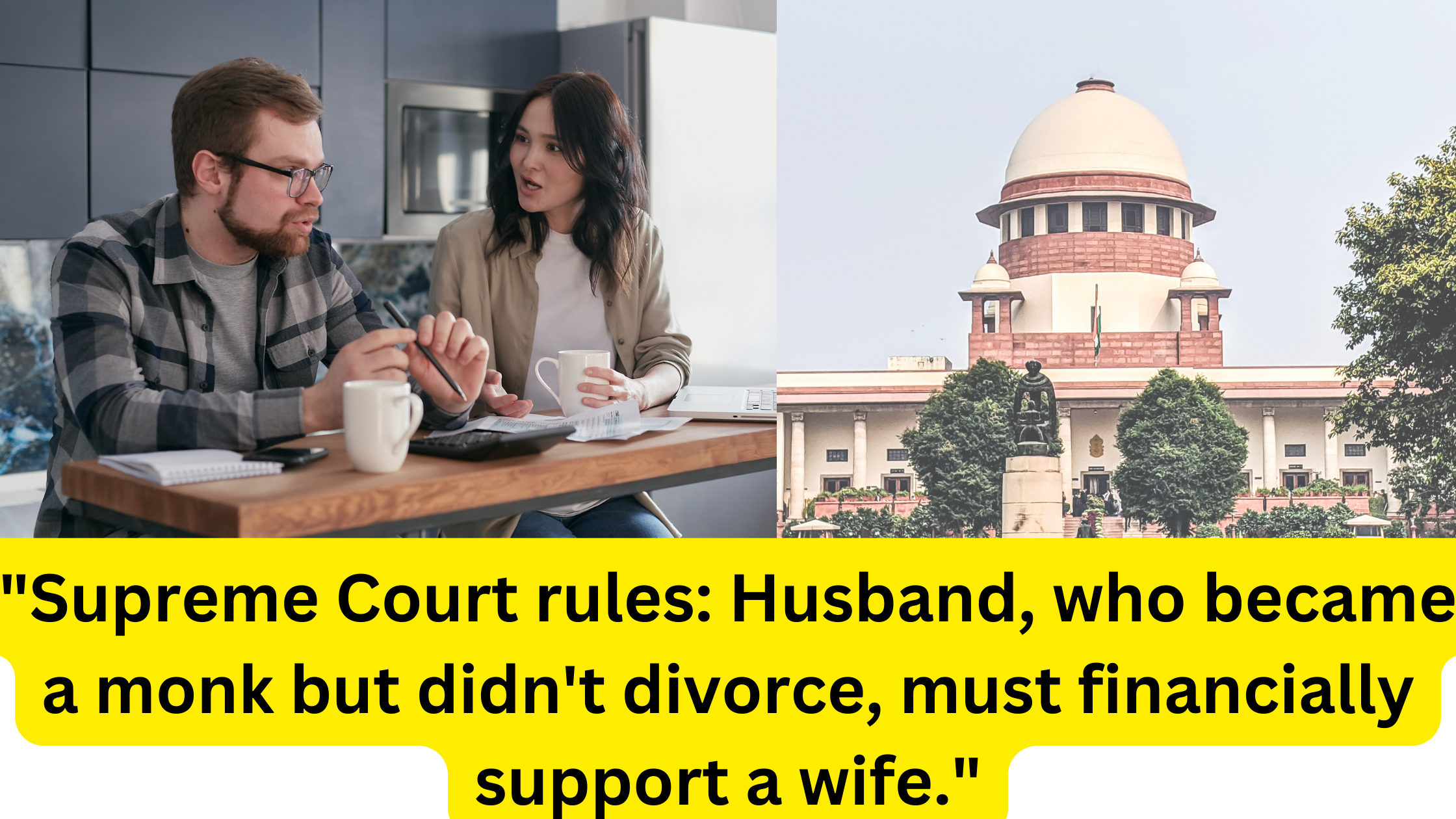"SC permits quick divorce if reconciliation fails; sets grounds."
Many times marriages do not work, and the matter reaches the divorce. However, only some things happen instantly. Today, the constitution bench of five Supreme Court judges has made an important decision regarding the couple's divorce. The Court said that it could dissolve any marriage on the grounds of being unable to heal the rift between the spouses.
The SC clearly said there is no need to send the parties to the Family Court, where they may have to wait for 6 to 18 months. A five-judge bench clearly stated that the SC has the right to do so under Article 142 of the Constitution. The Court said it could allow the husband and wife seeking mutual consent divorce to live separately without sending them to the family court. "We have held that this court can dissolve a marital relationship on the ground of irreparability of the breach," the bench said.
Case: Shilpa Sailesh VS. Varun Sreenivasan 2023
- The five judges of the constitutional bench, Justice SK Kaul, Justice Sanjiv Khanna, Justice Vikram Nath, Justice AS Oka, and Justice JK Maheshwari, gave a landmark judgment on the mutual divorce petition.
- The bench had reserved its verdict on September 29, 2022, on five petitions, including the main one filed by Shilpa Sailesh in 2014.
- While reserving its order, the Court said that social change takes 'some time' and sometimes it is easy to bring a law but difficult to persuade society to change.
Permission was given to end the marriage on May:
- In May, the Supreme Court granted divorce to the couple. Justice KM Joseph and Justice BV Nagaratna gave that decision. During the hearing, the bench had asked the couple to think of giving a second chance to the marriage instead of getting divorced and also said that Bengaluru is not a place where divorces happen so often.
- They were referred to the mediation center of the Supreme Court to explore the possibility of a settlement between them. But there was no possibility to save this marriage. Later, the bench said, "In these circumstances, we exercise our power under the constitution Article 142 of the Indian Constitution and dissolve the marriage between the parties by a decree of mutual consent divorce under Section 13B of the HMA".
Hon'ble Supreme Court already said that the six months waiting period could be waived for mutual consent divorce in 2017:
Case: Amardeep Singh Vs. Harveen Kaur 2017
- This was a landmark judgment in the context of the Hindu Marriage Act (HMA) in India. The case was heard by a divisional bench of the SC of India in 2017.
- The critical issue, in this case, was whether a compromise agreement signed by the parties during divorce proceedings, in which they agreed to withdraw all their mutual claims and disputes, was valid and enforceable under the HMA.
- The Supreme Court held that such a compromise agreement was not valid and enforceable under the HMA. The Court observed that the HMA was enacted to protect the rights of married couples and ensure the stability of marriage. The Court noted that the compromise agreement, which allowed parties to withdraw their claims and disputes, did not agree with the critical points of the HMA.
- The Court further held that Section 13B(2) of the HMA, which provides six months for parties to reconsider their decision to divorce before the divorce decree is granted, cannot be waived by mutual agreement. The Court noted that the six months were introduced in the HMA to allow parties to reconcile and prevent hasty divorces.
What is Article 142 of the Constitution?
- Article 142 empowers the SC of India to pass any order necessary for complete justice in any pending case or matter. The Article gives the Court broad discretionary powers to make any order to ensure justice is served in a particular case.
- The Article states that the Supreme Court, exercising its jurisdiction, may pass such decree or make such order necessary for doing complete justice in any cause or matter pending. Any decree so passed, or orders so made shall apply throughout the Indian territory in such manner as may be prescribed by or under any law made by Parliament.
- This provision gives the Supreme Court the power to pass orders that may not be within the scope of other provisions of the Constitution or other laws.
- The Court can use this power to relieve parties in cases where no specific legal remedy is available, or the existing laws are inadequate to provide complete justice. However, the Court must exercise this power cautiously and only in exceptional cases, as it can interfere with the separation of powers between the judiciary, legislature, and executive.
Section 13B of the Hindu Marriage Act critical points for a mutual consent divorce:
It provides for divorce by mutual consent, which means that both parties to the marriage mutually agree to dissolve their marriage. The key points of Section 13B of the Hindu Marriage Act for mutual consent divorce are as follows:
- The parties must have lived separately for one year or more before filing the divorce petition.
- Both parties must mutually agree to dissolve the marriage, and both parties must file the divorce petition jointly.
- The parties must have been married for at least one year before filing the divorce petition.
- The divorce petition must be accompanied by a joint statement of both parties stating that they have mutually agreed to dissolve the marriage and have been living separately for one year or more.
- The Court will then adjourn the matter for six months to allow the parties to reconsider their decision.
- After the expiry of the six amonths, if both parties still wish to proceed with the divorce, the Court will pass a divorce decree.
- If either party withdraws their consent during the six-month waiting period, the divorce petition will be dismissed.
The judgment in the Amardeep Singh v. Harveen Kaur case has significant implications for divorce proceedings under the HMA in India. It reaffirms the importance of the objectives of the HMA and the need to protect the rights of married couples. It emphasizes the need for parties to go through the statutory process for obtaining a divorce under the HMA.
Vakilkaro is a Best Legal Services Providers Company, which provides Civil, Criminal & Corporate Laws Services and Registration Services like Private Limited Company Registration, LLP Registration, Nidhi Company Registration, Microfinance Company Registration, Section 8 Company Registration, NBFC Registration, Trademark Registration, 80G & 12A Registration, Niti Aayog Registration, FSSAI Registration, and other related Legal Services.
Contact India's best Legal Firm, Vakilkaro, today. You can give us a call at +919828123489 or may write an Email also at help@vakilkaro.co.in. We are here to serve you 24/7.
"Happy Customer serves the company success"- we aim to achieve this through our legal services."
Why should you trust Vakilkaro?
- 100% guaranteed satisfaction
- Largest Network across India
- Easy to Hire
- Provides legal service in easy language.

 +91 9828123489
+91 9828123489 +91 9828123489
+91 9828123489 help@vakilkaro.co.in
help@vakilkaro.co.in






.png)







.jpg)
.jpg)
.png)


.png)
.jpg)
 +91 9828123489
+91 9828123489 help@vakilkaro.co.in
help@vakilkaro.co.in